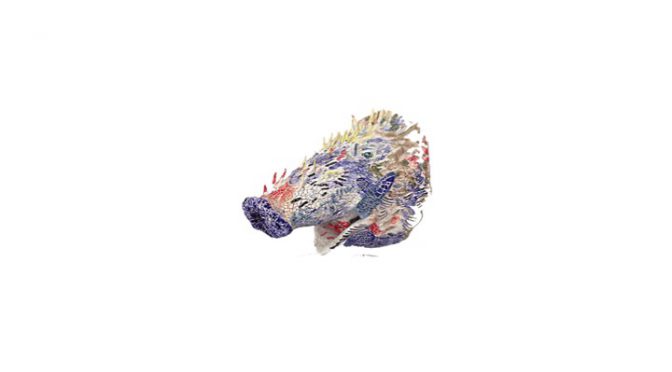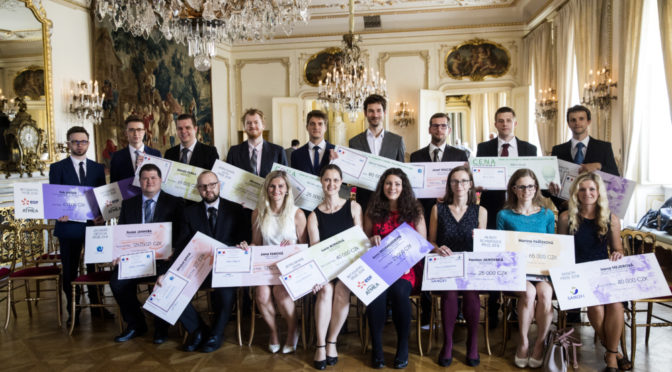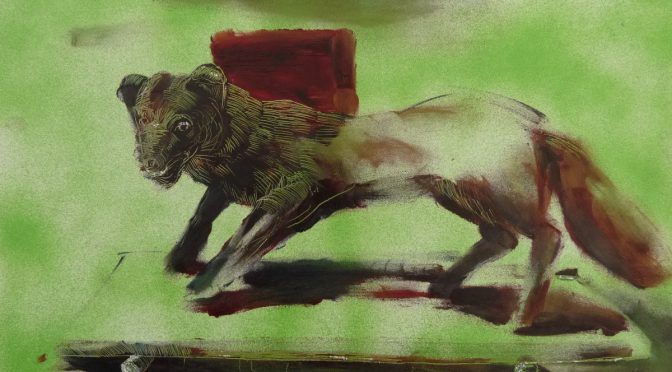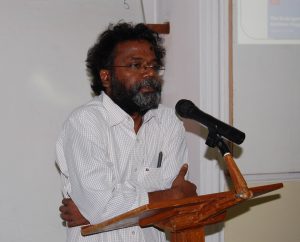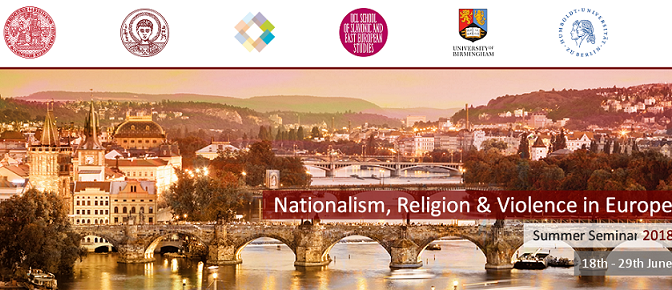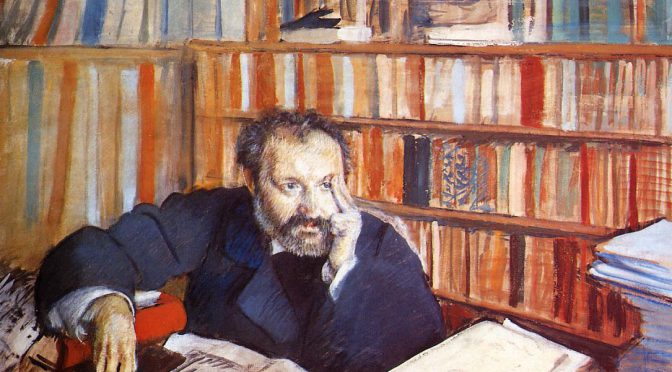Deadline for applications: 20 August 2018
Duration: January 2019—December 2020
Where: Czech Academy of Sciences, Prague in cooperation with CEFRES
Salary: around 30.000 CZK (gross-monthly)
We are looking for a postdoctoral research fellow who would enrich
our international Prague-based team working on the project titled Bewildering Boar: Changing Cosmopolitics of the Hunt in Europe and Beyond.
Eurasian wild pigs (Sus scrofa) feature regularly in European public discourse, for their numbers have been rising spectacularly across the continent. While in some parts of Europe this by now synanthropic species generates sympathy, in other places humans have declared war on wild boars for causing extensive damage to landscapes, agriculture, transportation networks and so on. In this context we are asking how the Eurasian wild pig has featured in human lives, and vice versa, in dynamically changing socio-environmental contexts. We expect our new colleague to join our efforts in focusing empirically on human-pig (wild or domestic) relations. We are open-minded and ready to take on board any relevant perspective from anthropology of science to legal anthropology or indeed from related disciplines. More info about the project and its members could be found at https://boar.hypotheses.org
Eligibility
The candidate should have obtained her/his PhD degree in anthropology or another closely related fieldno earlier than 30 September 2016 and no later than 30 September 2018. (Exception could apply to those who spent time at parental leave or placement abroad – relative to the country where they received their PhD.) Please get in touch to consult the details.
We expect the successful candidate to reside in Prague and pursue the fieldwork anywhere in Europe or beyond. Note however, that our research funds are limited and you might need to rise extra research funding.
If interested please send your CV and a short project description (max. 500 words) stating how your research agenda could be integrated into the Bewildering Boar project by
20 August 2018. If you have any question do not hesitate to contact us!
Contacts
Ludek Broz
broz@eu.cas.cz
Virginie Vate
virginie.vate@netcourrier.com
Anibal Arregui
arregui@cefres.cz

